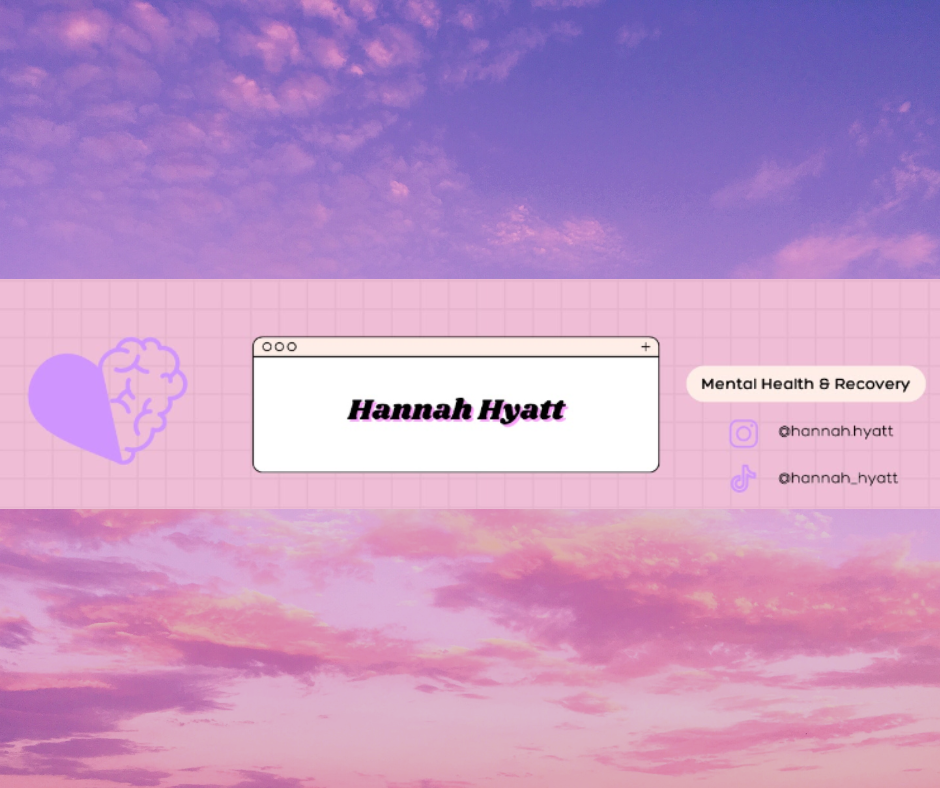Overview
Schizophrenia according to the ‘biomedical model’ is a mental health condition involving what some may describe as a break from reality, in the medical world, you may hear the term psychosis being used.
Schizophrenia impacts a person’s thoughts, perceptions, and behaviour and is often inclusive of feelings of paranoia. This can lead a person to act in a way that they would not usually which can be perceived as unusual or at times reckless by others.
Alternative perspectives
Hearing Voices Network say this “Whilst many people associate voice-hearing with diagnoses of schizophrenia and psychosis, research suggests that the majority of people who hear voices have no mental health issue at all. Those who become overwhelmed, distressed or struggle to cope…
Diagnoses like these are a hotly contested area – with some finding that they are useful and others finding them a barrier to healing. For more information on a critical perspective on diagnoses, see: Position Statement on DSM 5 & Psychiatric Diagnosis. You might also find Lucy Johnstone’s book ‘A Straight Talking Introduction to Psychiatric Diagnosis‘ an interesting introduction to the debate.”
Here is a TEDtalk by Dr Eleanor Longden. In this video she speaks about her experience being diagnosed with Schizophrenia and the distress that followed.
Dr Longden has authored numerous peer-reviewed journal articles on psychosocial approaches to psychosis, including a commissioned report on recovery in response to the Australian government’s National Disability Insurance Scheme and was a contributor to the British Psychological Society’s landmark report Understanding Psychosis & Schizophrenia.
Signs and symptoms
A person living with schizophrenia may experience:
- altered perceptions, referred to as hallucinations, or delusory beliefs (delusions)
- confused or disjointed thoughts which can also impact a person’s speech
- hallucinations such as seeing or hearing things that are not there. It is important to recognise that these visions or voices appear to be very real to the person.
- feeling as though others may be controlling their body, and thoughts or that someone is not who they say they are. You may hear a health professional describe this as an experience of paranoia.
To learn more about the negative symptoms of schizophrenia, visit our news article “Beyond the Surface: Understanding Schizophrenia’s Hidden Challenges.”
How is schizophrenia diagnosed?
Schizophrenia is usually diagnosed by a health professional such as a psychiatrist.
There is no specific assessment or test that a person completes to determine whether they are experiencing schizophrenia however completing a mental health assessment with your GP is a good place to start.
How is schizophrenia treated?
Many people who experience schizophrenia can and do recover. Some may visit and spend time in the hospital when they are feeling unwell whilst others may not.
Treatment can involve linking in with health professionals such as community support workers, peer mentors, mental health nurses, psychologists, and psychiatrists.
Types of Support
Types of Support that can play a valuable role in a person’s recovery include community supports such as
- one to one support with a mental health support/recovery worker
- one to one support with a lived experience peer support mentor
- attending hearing voices groups
- and open dialogue therapy
For some, a combination of clinical and community support is most beneficial.
Other Types of Treament
Medication is a common form of treatment. In the treatment of the symptoms of schizophrenia the type of medications used are referred to as anti-psychotic medications. As with most treatments medication can be effective for some and not others. Those who take medication can also experience side effects, such as weight gain, sleepiness, or twitching.
Hospital Treatment: Some people experiencing schizophrenia may at times need to be admitted to hospital.
Cognitive Behavioural Therapy, CBT, is a form of talking therapy that focuses on the present. CBT can assist people with their thought patterns and behavior and aims to teach people practical ways to challenge negative ways of thinking.
Help & Support
If you are experiencing any signs and symptoms associated with schizophrenia you might want to visit your health professional. A GP can complete a mental health treatment plan with you and link you with other health professionals if necessary.
If a loved one is experiencing symptoms associated with schizophrenia, it’s important to speak to a GP, psychiatrist or other trusted health professional.
There are also many support groups, websites, and virtual networks, that can assist you to understand what it is like for the person experiencing schizophrenia or help connect with others who have lived experience.
If you are concerned for your wellbeing or the wellbeing of others call ‘000’ for an ambulance.
Websites

SANE Forums: Schizophrenia
SANEs moderated forums offer a supportive community where people experiencing mental health issues can chat with others in similar situations. SANE also offers a range of free digital and telehealth support services for people over 18 years of age with complex mental health needs, and their family, friends and carers as well as mental health support to people with intellectual disability, autism or acquired brain injury. Visit site(Opens in a new tab)
headspace Early Psychosis
headspace early psychosis offers expert support for young people who are experiencing an early episode of psychosis or are at risk of developing psychosis. You can learn more about headspace early psychosis services here Visit site(Opens in a new tab)



